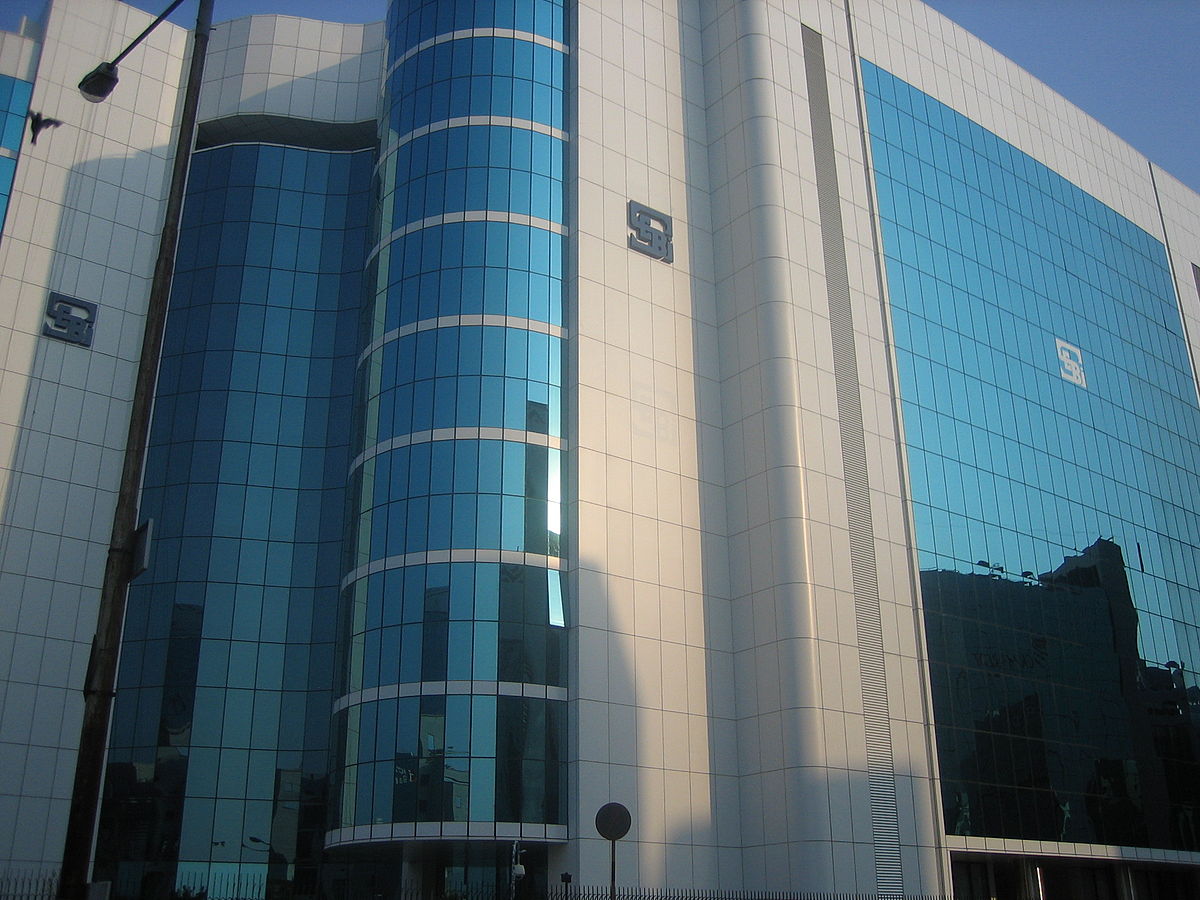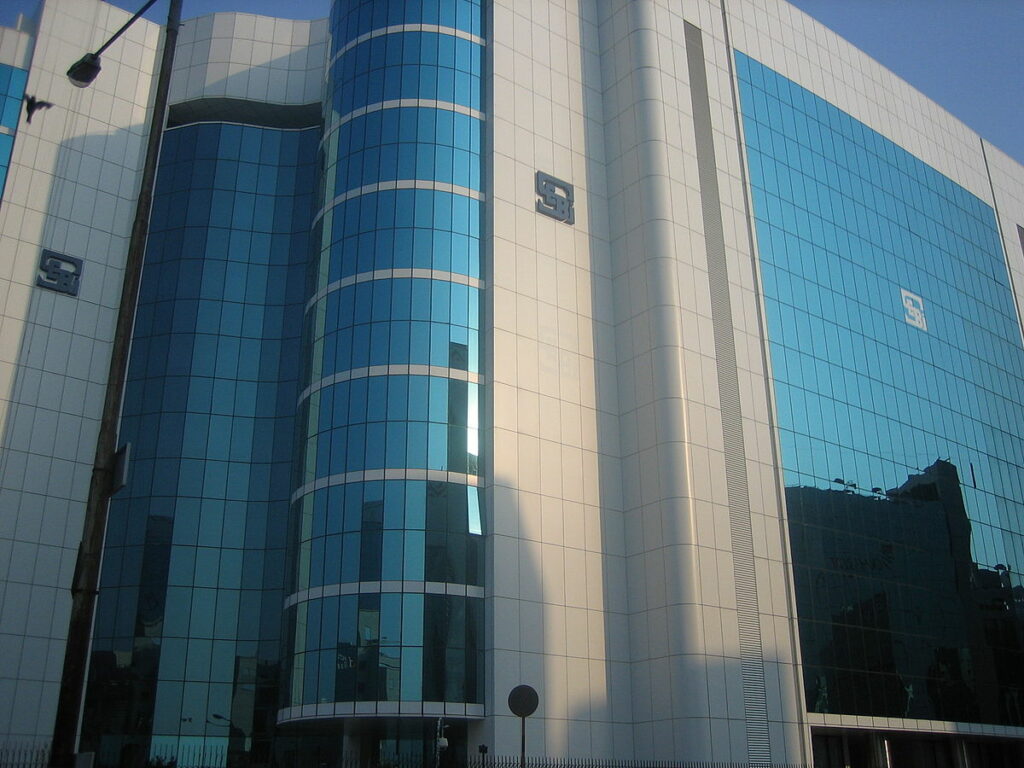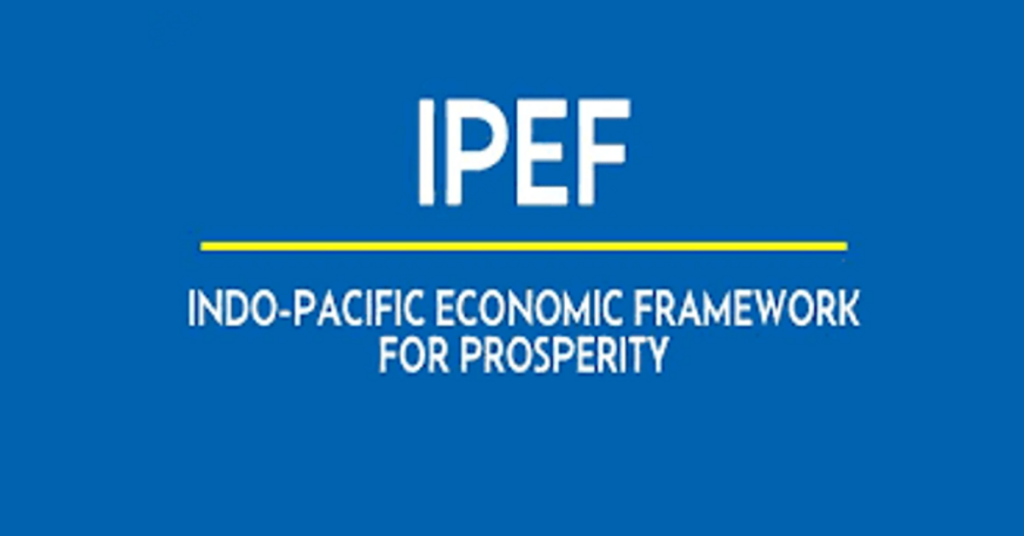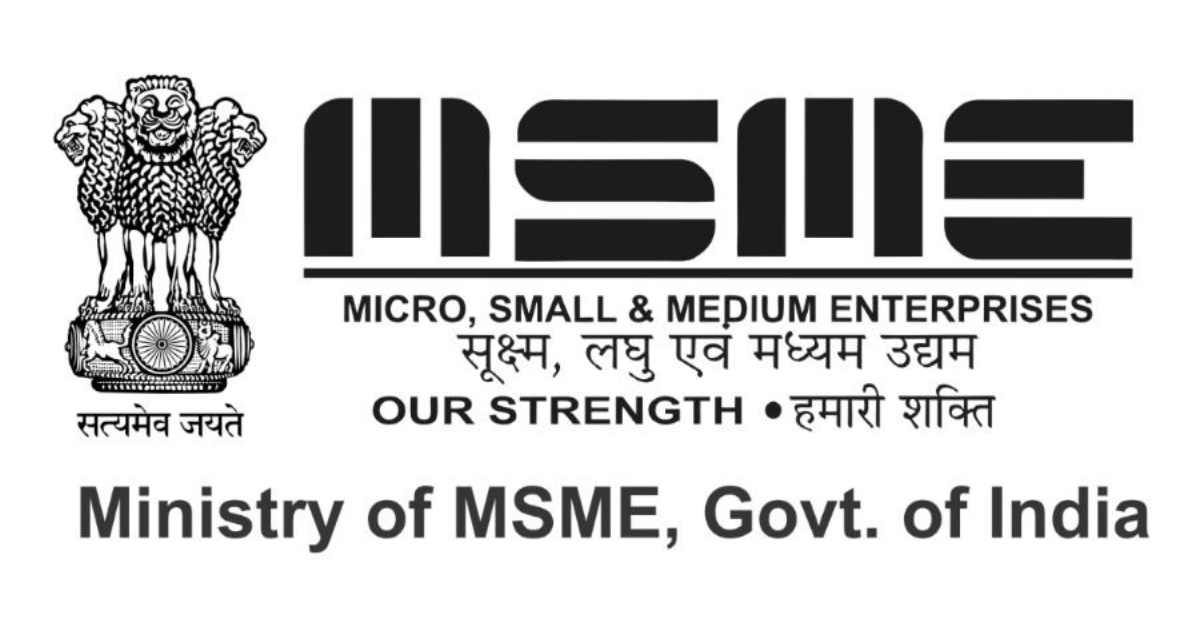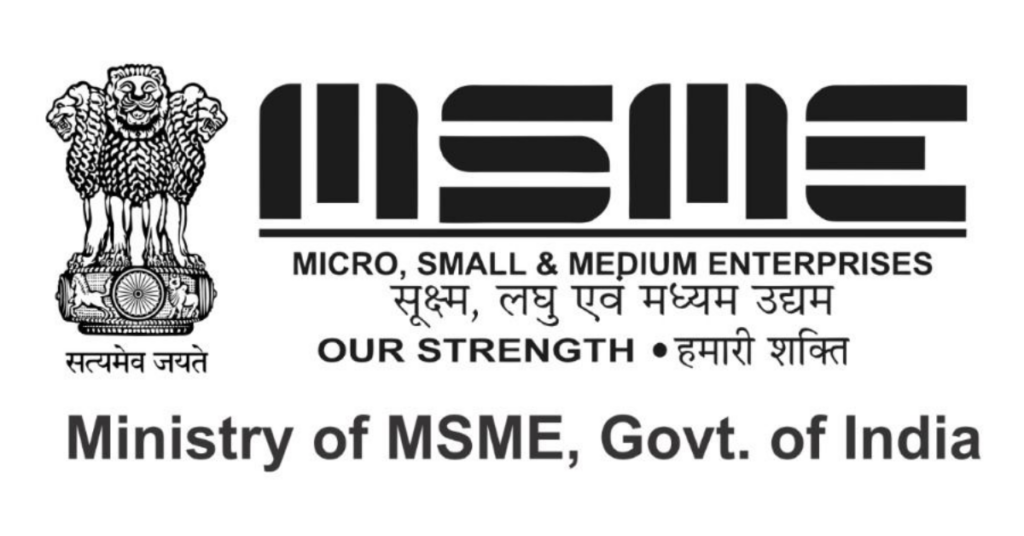
Digital Competition Bill Could Undermine MSME Ecosystem, Say Small and Medium Businesses
Members of the India SME Forum, the largest association of SMEs in the country, expressed concerns that the Digital Competition Bill (DCB) could adversely affect the MSME ecosystem and hinder India’s Viksit Bharat goals.
The industry body, representing small and medium enterprises (SMEs), warned on August 7 that the DCB could deter foreign direct investment (FDI) and limit the global competitiveness of MSMEs.
The Indian SME Forum hosted a roundtable in New Delhi to discuss the potential implications of the DCB on MSMEs and startups. The draft of the DCB, which was released in February, aims to address anti-competitive practices by Big Tech. However, it has faced widespread criticism from Indian businesses and startups, who argue that the bill could negatively impact their operations.
Vinod Kumar, President of the India SME Forum (ISF), emphasized during the roundtable that India has a unique opportunity to benefit from companies moving out of China. “Any regulation like the DCB could become a stumbling block in attracting FDI and promoting the global competitiveness of MSMEs,” Kumar stated.
Kumar also highlighted MSMEs’ concerns over the proposed ex-ante regulations—measures introduced in anticipation of certain impacts—especially those related to the use of personal data.
Aditi Madan, founder of Blue Pine Foods, stressed the importance of ensuring that SMEs have access to relevant information in the digital market economy. “Policy priorities should focus on directly engaging with SMEs during the creation process to ensure their needs and perspectives are adequately addressed,” she said.
Debashish Das, CEO of ElenchusHR Solutions, warned that overly stringent regulations could push businesses back to manual processes “reminiscent of the 70s and 80s,” hindering progress.
Amit Agrawal, founder of DSI Robotics, echoed these concerns, stating, “The Digital Competition Bill presents a safety paradox and could impose an undue compliance burden on small businesses, as has happened in the past.”

